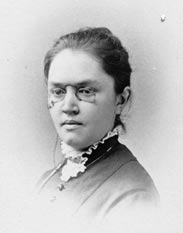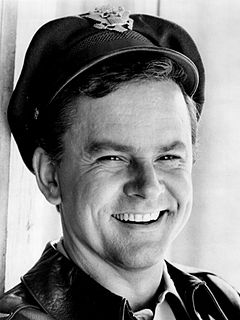A Quote by Sigmund Freud
I no longer believe that William Shakespeare the actor from Stratford was the author of the works that have been ascribed to him.
Related Quotes
I've done a lot of Shakespeare onstage, and I'm not convinced that the Earl of Oxford was the author of all those works, but I am convinced that the Stratfordian William Shakespeare was not. My feeling is that it was an amalgamation of many writers, in the same way that most films are a collaborative endeavor.
In the work of the greatest geniuses, humble beginnings will reveal themselves somewhere, but one cannot trace the slightest sign of them in Shakespeare ... I am not concerned with who wrote the works of Shakespeare ... but I can hardly think it was the Stratford boy. Whoever wrote them had an aristocratic attitude.
Mr. William Shakespeare was born at Stratford upon Avon in the county of Warwick. His father was a butcher, and I have been told heretofore by some of the neighbors, that when he was a boy he exercised his father's trade, but when he killed a calf he would do it in a high style and make a speech. Ben Jonson and he did gather humors of men daily wherever they came.
All the unimaginative assholes in the world who imagine that Shakespeare couldn't have written Shakespeare because it was impossible from what we know about Shakespeare of Stratford that such a man would have had the experience to imagine such things - well, this denies the very thing that separates Shakespeare from almost every other writer in the world: an imagination that is untouchable and nonstop.
But in reading Shakespeare and in reading about Edward de Vere, it's quite apparent that when you read these works that whoever penned this body of work was firstly well-travelled, secondly a multi-linguist and thirdly someone who had an innate knowledge of the inner workings and the mechanisms of a very secret and paranoid Elizabethan court. Edward de Vere ticks those three boxes and many more. William of Stratford gave his wife a bed when he died [his second best bed].
One of the reasons [William] Shakespeare is so endlessly fascinating is that you can look at that figure from about 10 different angles: Caliban in Shakespeare's day was probably viewed as a sort of comic, barbarian type, but into the 19th century there were productions where Caliban was the hero. He's a potential rapist of a minor. Is that a good thing? No, it is not. On the other hand, Prospero's got him cooped up in a cave and tortures him if he doesn't do what Prospero wants. Is that a good thing? No. Shakespeare doesn't let you off easy.
And there are Ben [Jonson] and William Shakespeare in wit-combat, sure enough; Ben bearing down like a mighty Spanish war-ship, fraught with all learning and artillery; Shakespeare whisking away from him - whisking right through him, athwart the big bulk and timbers of him; like a miraculous Celestial Light-ship, woven all of sheet-lightning and sunbeams!
I believe strongly in what John Keats called negative capability: the trait or practice that allows a poet to remain in uncertainties, mysteries, doubts, without any irritable reaching after fact & reason. For Keats, William Shakespeare exemplified negative capability, and I do think it's extraordinary that for all the thousands of pages Shakespeare left behind, we really don't know much about Shakespeare's own personality or opinions.
I'm not into those kind of rivalries. I remember standing out in front of Stratford, minding my own business. Carload of about eighty kids would pull up: 'STRATFORD SUCKS!' Am I supposed to run after these guys? I'd just stand there, you know. They'd back up. 'STRATFORD SUCKS! ...STRATFORD SUCKS!' I'd say, 'I know. I go there. You're wasting gas, man.





































